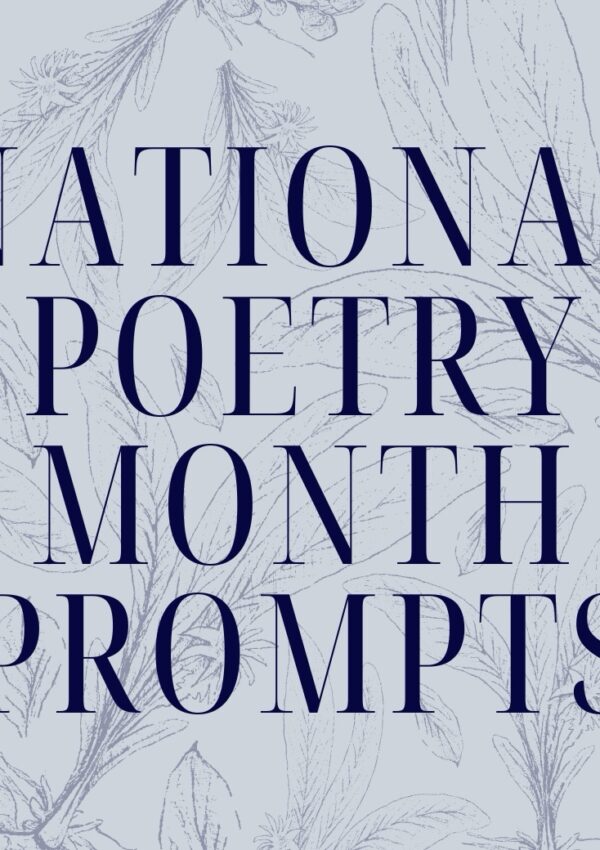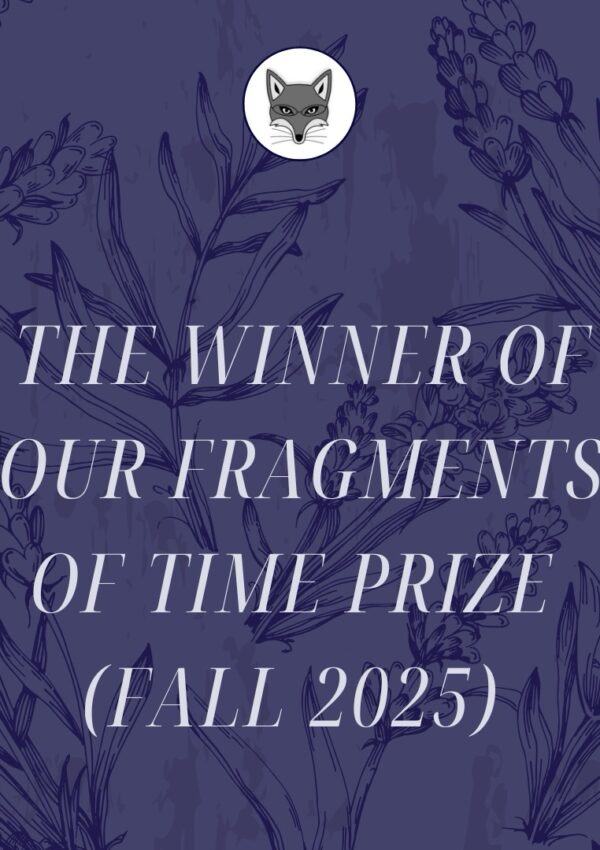Okay. Poetic license. That’s a thing right? It usually involves a mixed metaphor, a dubiously placed semi colon, a counter-intuitive line break. Wow, that’s licentious, people might disclaim. Behold, the shock-jock of grammar. Look at her go, with her odd hyphenations and decapitalised deities.
Poetic license as aesthetic… it’s a thing and I’m buying into it.
Now, there’s another thing. It’s not aesthetic. It’s just raw godawful presumption, yowling from the soapbox. It’s poetry waving an Angakkuq rattle, dancing like a tetraplegic; it is poetry that sings slave-ships and death-row and queerness, from its affluent, straight-laced, able-bodied, and educated cubby hole. It’ll slur a bit of Te Reo. It’ll gesture a simile in Sign Language. It’ll yabber “intersectionality.” It sometimes tipitoes and sometimes belly-flops, full frontal, but always in somebody else’s waterhole.
I may sound indignant, but, I assure you, I’ve done it all before. I’ve slunk through the cordon tape of other voices. My heels have left dents in the linoleum of the living-rooms which were never mine to walk through. I’ve allegorically rummaged through my subjects’ bathroom drawers, and I’ve named it “research.” Naming things is a tool, and a weapon of privilege. I have afforded my “research” many subtitles – words like understanding and empathy. It’s a post hoc justification, of sorts. In fact, I used to brandish such a defence in the author biography that I would send out in my cover letter. There was something about writing “to walk round in other people’s shoes a while.” The thing is, all the sneakers were stolen, and wearing them gave me blisters and cankles.
I think my entitlement is reflexive. It is my first instinct. I am only just growing cognisant of its fact. I used to consider writing as the freedom to do anything, a ticket to a cheap-as OE where I can be the local and the tourist. It was drummed into me, that I could touch anything I pleased, so long as I did so competently. Imagination was the gateway to comprehension. Moreover, it seemed that it was my calling to give voice to the mute. I hadn’t realised my voice could be the muting force.
“Write what you know,” of (perhaps) Hemingway or Twain origin, seems to be the guiding principle now. I don’t know what that means. Does this mean the strictly episodic, from the film-reel of life, or is it inclusive of the semantic, and the dreamscape? What can we really know? And what is the utility of promulgating what we (think we) know anyhow? Who might it serve to write about the banalities of white, square, and suburban living? Is it just the reiteration of the experiences of a potent minority, the One Percent hogging all the air-time? And ought we sit on our hands, until experience renders us some sufficient blight?
This is a Straw Man version of the imperative statement, surely. Besides, the white, square, suburbanite will have his own slings and arrows to bear – Dead-end relationships, perhaps an addiction to prescription medications, parental divorce, benign prostatic hyperplasia, the ennui of an otherwise innocuous existence. Maybe, given Schopenhauer implicated life as suffering on this ‘worst of all possible worlds,” we should give our One Percenter a break. His is no lesser experiential fodder. Really, though, will we constrain him to his Ikea living room, and personal maladies? Can he tell a yarn about a one legged Ethiopian with venereal disease? I sense a discomfort. Can he tell a yarn about a woman? A paedophile? A drag queen? Maybe these are more acceptable? Would we concede that the one legged Ethiopian may write about the white, square, suburbanite – if the shoe was on the other foot, so to speak. I find this all so troubling. Where does cultural appreciation meet appropriation? Where are the parameters of what one can write? I won’t be able to offer you an answer. I’m writing in an Ethical shade, bumping into occasional objects, blind but for intuition.
Closer to home, is another question of what one can write. This is an instance of “writing what you know,” which might still trespass upon the rights and considerations of others. The former lover, the mother, the down-and-out acquaintance, and the highflying and scandalous socialite pal. Admittedly, I have sucked long and hard on the familial vine, plundering discord and transmogrifying it into poems and stories. I have also written passive-aggressive jeremiads about exes, erotic scenes with therapists; I’ve written characters who do what my friends do, who talk how my friends talk. I am plagiarising life. I am an experiential magpie. I don’t know how to feel about it.
Then there’s an extension of the “write what you know” adage – a sort of liberty afforded by generous souls, who are happy to concede some writerly wriggle-room. Here you can “write about what you know” and drag it into hyperbole, too. Or “write about what you know” and project it onto foreign bodies. Or “write about what you know” and give it LSD. In this guise, you can pretty much do anything and get away, scot free.
At this point, I would provide you a list of matters about which you can write, but I’m stumped.
After all, what do I know?
There’s a poem by Charles Simic, “Carrying on like a Crow,” which perfectly sets these conundrums into motion:
Are you authorised to speak
For these trees without leaves?
Are you able to explain
What the wind intends to do
With a man’s shirt and a woman’s nightgown
Left on the laundry line?
What do you know about dark clouds?
Ponds full of fallen leaves?
Old model cars rusting in a driveway?
Who gave you permission
To look at the beer can in a ditch?
The white cross by the side of the road?
The swing set in the widow’s yard?
Ask yourself, if words are enough,
Or if you’d be better off
Flapping your wings from tree to tree
And carrying on like a crow?
 Elizabeth is a writer from New Zealand. She is published in Poetry NZ, Landfall, Takahē Magazine, PRISM International, Atlas Journal, Cordite, and Island Magazine, and The Moth, amongst others. She is included in Best Small Fictions 2016, and came second, twice, in the Sunday Star-Times Short Story competition. Her first poetry collection, Wolf, is published with Mākaro Press in 2017. She likes to write about broken things and things with teeth.
Elizabeth is a writer from New Zealand. She is published in Poetry NZ, Landfall, Takahē Magazine, PRISM International, Atlas Journal, Cordite, and Island Magazine, and The Moth, amongst others. She is included in Best Small Fictions 2016, and came second, twice, in the Sunday Star-Times Short Story competition. Her first poetry collection, Wolf, is published with Mākaro Press in 2017. She likes to write about broken things and things with teeth.
Elizabeth’s poetry appears in Black Fox Issue 15.



